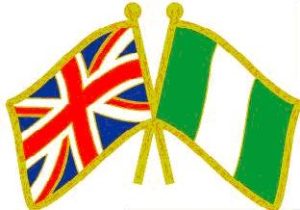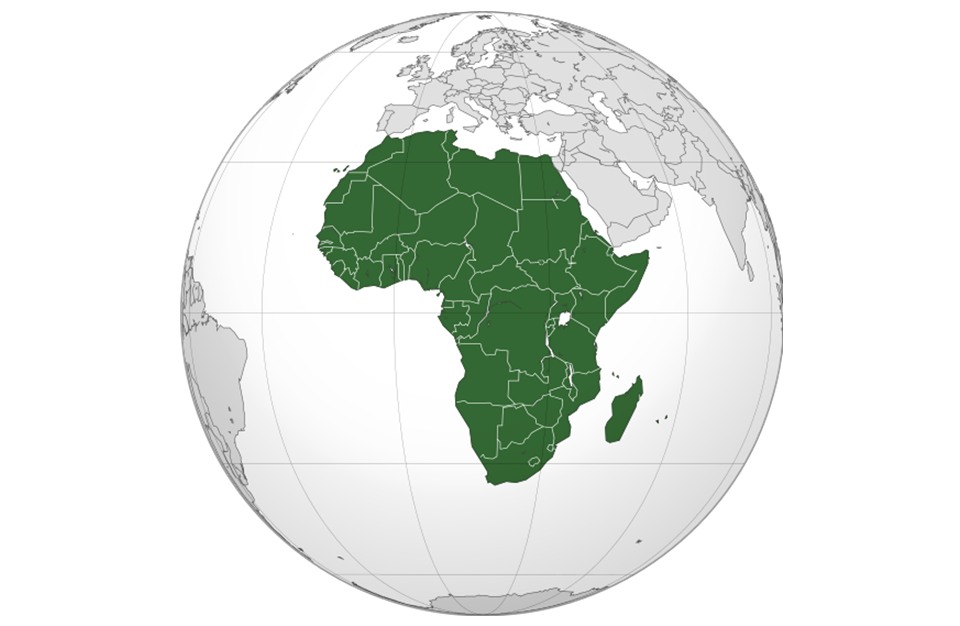President Muhammadu Buhari has signed nine different instrument of Ratification for international Agreements between Nigeria and other countries to boost financial cooperation and ease the repatriation of illicit funds which include Extradition Treaty between Nigeria and United Arab Emirates (UAE) targeted toward strengthening Nigeria’s anti-corruption campaign.

The President said that the agreements signed would enable both countries to take important steps toward strengthening their economies and security, charging all agencies with roles to play under the respective Treaties to ensure that they did that effectively to reap the full benefits of the agreements.
In his words:
“Today’s ceremony marks a very important milestone in our demonstration of sovereign capacity to fulfill our international obligations and take important steps for the benefit of our economy, security and the anti-corruption war within and outside Nigeria. I am happy to note therefore, that pursuant to a Memorandum presented to the Federal Executive Council by the Honourable Attorney-General of the Federation and Minister of Justice, Council has approved the ratification of the said Agreements, thus paving the way for today’s ceremony. With this sovereign act, which has been replicated in the United Arab Emirates by their responsible authorities, we are now in a position to utilize these Agreements fully to foster cooperation between our respective authorities particularly for the purpose of prosecuting the anti-corruption campaign of this Government.’’
Nigeria and the United Arab Emirates (UAE) in January 2016 in Abu Dhabi signed six different agreements to enhance bilateral relations between them. The signing of the agreements on trade, finance and judicial matters was witnessed by President Muhammadu Buhari and the Crown Prince of the United Arab Emirates, Sheikh Mohammed Bin Zayed Al Nahyan, the Minister of Justice, Abubakar Malami and his counterpart in the United Arab Emirates, Sultan Bin Saeed Albadi signed the Judicial Agreements on Extradition, Transfer of Sentenced Persons, Mutual Legal Assistance on Criminal Matters and Mutual Legal Assistance on Criminal and Commercial Matters, which include the recovery and repatriation of stolen wealth.
President Buhari further observed that the signing of the agreements was in demonstration of the nation’s sovereign capacity to fulfil its international obligations and take important steps for the benefit of the economy, security and the anti-corruption war within and outside Nigeria.

